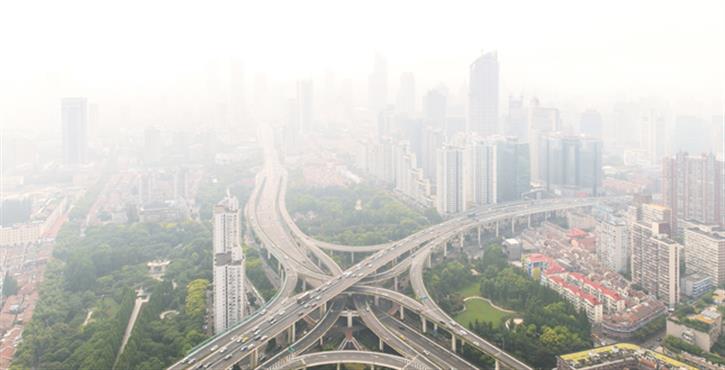

The creation of a broader boiler scrappage scheme is being recommended to improve air quality, following a report from Policy Exchange and King’s College London.
‘Up In The Air: How to Solve London’s Air Quality Crisis: Part 2’, published on 23 March, proposes a comprehensive package of measures to reduce emissions and improve air quality in London.
It focuses on two main sectors – road transport and gas combustion – which together are responsible for the vast majority of pollution in London.
In a bid to tackle emissions from gas boilers, the report recommends the introduction of new policy in both the public and private rented sector.
Recognising the benefit of the recently introduced ‘Boris Boilers’ scheme, the report said it was a welcome start but needed to be expanded and refocused in order to maximise the benefits in terms of air quality.
“We recommend that the Mayor of London sets an ambition to improve air quality by targeting a substantial improvement in London’s boilers,” says the report.
“For example, a target could be set to replace 500,000 boilers by 2020 in London, and for all boilers to meet the “ultra low NOx” standard of less than 40mg/kWh of NOx by 2025.”
Commenting on the existing scheme, the report said: “As it stands, the £2.6 million of funding being made available will secure 6,500 boiler replacements across London, which represents less than 1% of the stock of older non-condensing boilers across London. In our view the scheme needs to be expanded significantly in order to achieve the required step-change in boiler-related emissions.”
The suggestion has been welcomed by the Heating & Hotwater Industry Council (HHIC).
Stewart Clements, director of HHIC, said: “Gas combustion from boilers and cookers has until now, rarely been considered when discussing air quality, despite its significance.
“We know that there are approximately 9 million inefficient boilers in UK homes, contributing to both carbon emissions and poor air quality. Not only that, they are more expensive to run than their modern day counterparts.
“Modern boilers achieve efficiencies of around 90%, compared to efficiencies of 70%. They also perform significantly better in terms of emissions of greenhouse gases such as CO2 and local air pollutants such as NOx.
“The delivery of boiler scrappage schemes is tried, tested and successful. This new report recognises this and advocates the creation of a robust boiler scrappage scheme. It calls for grants to be offered to homes and business to upgrade their heating systems. I hope this new report will assist in kick starting a proper and full debate on air pollution and its effects.”
If you'd like to keep up-to-date with the latest developments in the heating and plumbing industry, why not subscribe to our weekly newsletters? Just click the button below and you can ensure all the latest industry news and new product information lands in your inbox every week.